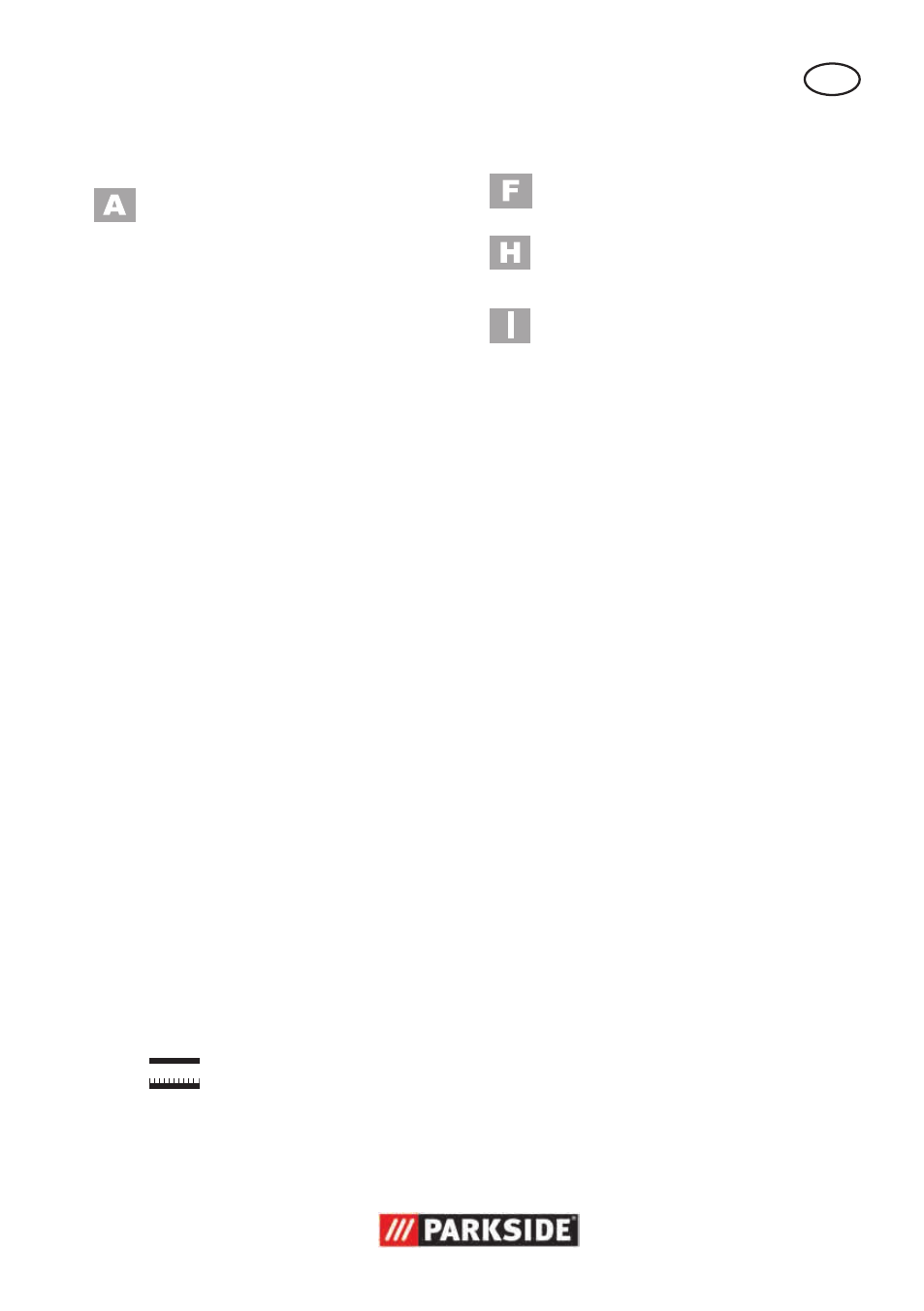Technical data – Parkside PNTS 1500 B3 User Manual
Page 7

7
GB
Overview
Housing
1 Carrying handle
2 Mains power cable
3 Motor housing
4 Sealing clip
5 Collector
6a 2 feet with wheels and acces-
sory fittings
6b 2 feet with castors and acces-
sory fittings
7 Drainage outlet
8 Suction connection
9 Appliance socket
10 On/off switch
Filter
11 Fluted filter (11a) and filter
cover (11b) for dry vacuuming
(already installed)
12 Paper filter bag for vacuuming
both large and small dirt particles
13 Foam filter (wet filter) for wet
vacuuming
Accessories
14 Accessory bag
15 Handle with air regulation
16 Telescopic suction tube
17 Vacuum tube holder
18 Vacuum hose
19 Powertool hose
20 Powertool reduction adaptor
piece
for connecting electrical equip-
ment for dust extraction.
Nozzles
21 Switchable household nozzle
for vacuuming carpets
for vacuuming smooth surfaces
22 Crevice nozzle
23 Cushion nozzle
24 Car nozzle
25 2 retaining brackets
26 Blow connection
27 Filter insert cover
28 Filter insert
29a Top cable holder
29b Bottom cable holder
Technical data
Wet and dry cleaner ......PNTS 1500 B3
Mains voltage ......220-240 V~, 50/60 Hz
Power consumption of motor ........1500 W
Max. load on appliance socket
(Pmax.) .....................................2200 W
Power consumption of motor
+ max. load on appliance socket
(Psum.) ........................................ 3700 W
Safety class .......................................... I
Protection category...........................IPX4
Cable length.....................................6 m
Waste tank capacity (brutto) .............. 30 l
Weight (incl. all accessories) .. approx. 8,8 kg
Sound pressure level
(L
pA
) ................ 77 dB(A), K
pA
= 3 dB(A)
Technical and visual modifications may
be carried out due to further development
without prior notice. All dimensions, infor-
mation and statements provided in these
Operating Instructions are therefore subject
to amendment. Legal claims which are
based on the Operating Instructions can
therefore not be recognised.
